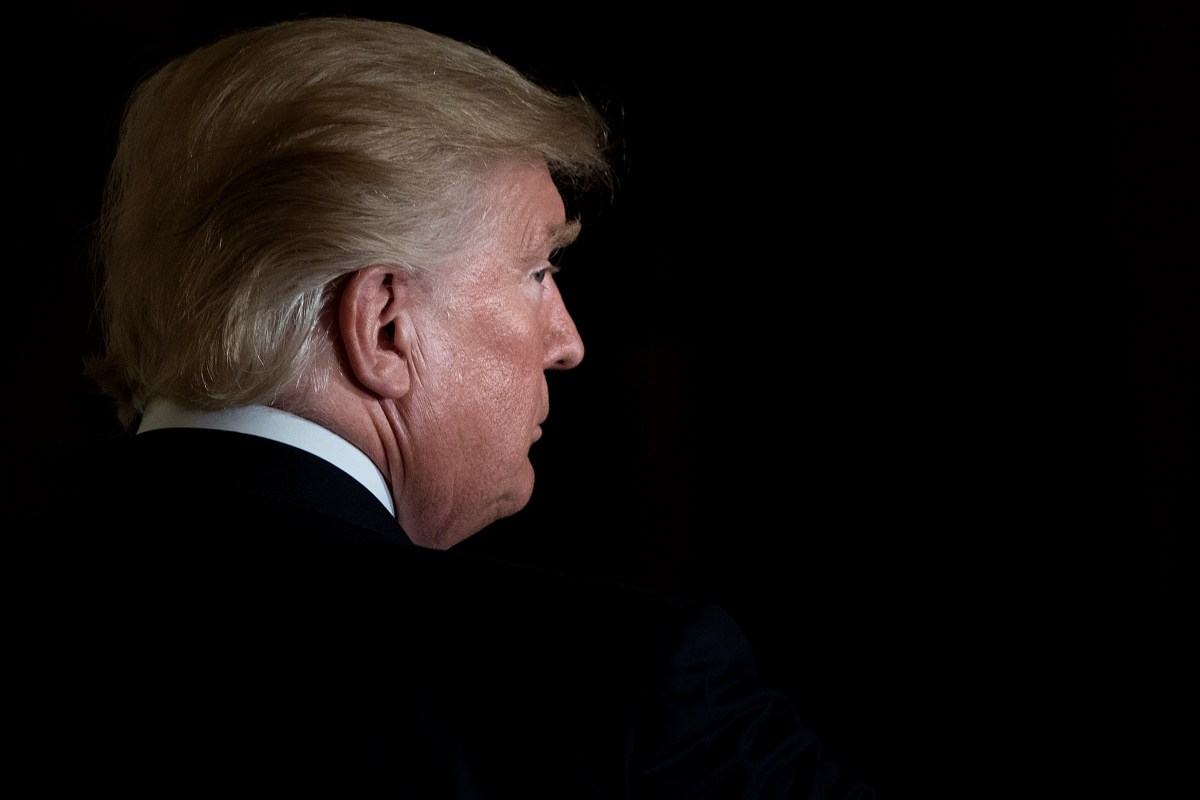
The Department of Government Efficiency (DOGE), an advisory commission spearheaded by billionaire Elon Musk recommending deep cuts to federal agencies, could soon become more official, should an executive order signed by President Donald Trump pass legal muster.
On Monday evening, Trump signed an order that renames the U.S. Digital Service (USDS), which was created in 2014 by former President Barack Obama to “change [the] government’s approach to technology,” as the U.S. DOGE Service (USDS). (Note the identical acronyms.)
The USDS is set to have around 20 employees, Trump said during the executive order signing ceremony. Despite its name, it isn’t a federal executive department, which would require an act of Congress to create.
The executive order instructs U.S. agency heads to consult with USDS to form “DOGE Teams” of “at least” four employees within their agency within 30 days. Teams will typically include a DOGE Team lead, engineer, HR specialist, and attorney, per the executive order, and work with the USDS and agency in which they’re housed to implement Trump’s DOGE plan.
Among other things, the executive order establishes a “software modernization” plan to improve government network infrastructure and IT systems, and gives the USDS access to “unclassified” agency records, software systems, and IT systems “consistent with law.”
The executive order also creates a temporary organization, the U.S. DOGE Service Temporary Organization, dedicated to “advancing [President Trump’s] 18-month DOGE agenda.” The organization is set to terminate on July 4, 2026.
Trump previously said that DOGE’s work must be completed by “no later” than July 4, 2026 — before the Ohio gubernatorial election in November 2026.
It remains to be seen whether the executive order survives coming courtroom battles. No fewer than three lawsuits have been filed in federal court alleging that the Musk-led DOGE violates the transparency requirements of the Federal Advisory Committee Act (FACA), a 1972 law that requires federal advisory committees to hold meetings publicly and represent “balanced” perspectives.
Trump announced DOGE, which was to be co-led by Musk and entrepreneur Vivek Ramaswamy, late last year. Ramaswamy has since left DOGE after reportedly clashing with Musk, and is said to be planning to announce a run for Ohio governor next week.
Musk has suggested that DOGE could help to cut the U.S. federal budget by up to $2 trillion through measures such as reducing waste, abolishing redundant agencies, and downsizing the federal workforce. He has since backtracked on that goal, however, and many experts believe it to be unrealistic.
According to The Wall Street Journal, the Trump team and officials from DOGE have inquired about abolishing the Federal Deposit Insurance Corporation (FDIC), and combining and restructuring the FDIC, Office of the Comptroller of the Currency (OCC), and Federal Reserve. Separately, Musk has also proposed eliminating the Consumer Financial Protection Bureau (CFPB), the agency charged with implementing and enforcing consumer protection laws and issuing guidance for consumer financial institutions.
Keep reading the article on Tech Crunch
